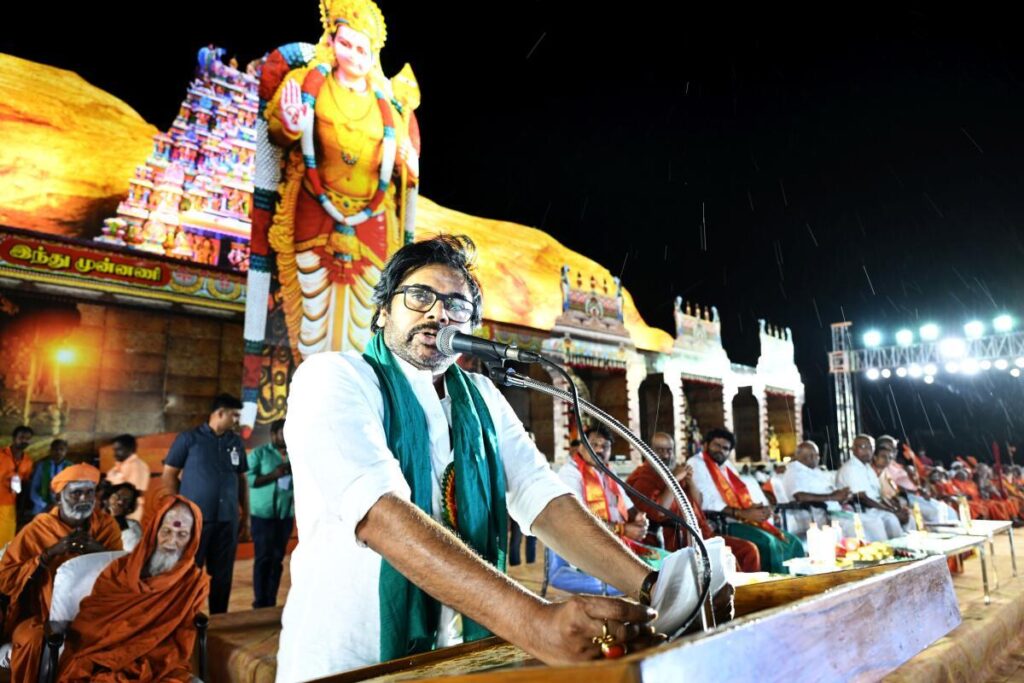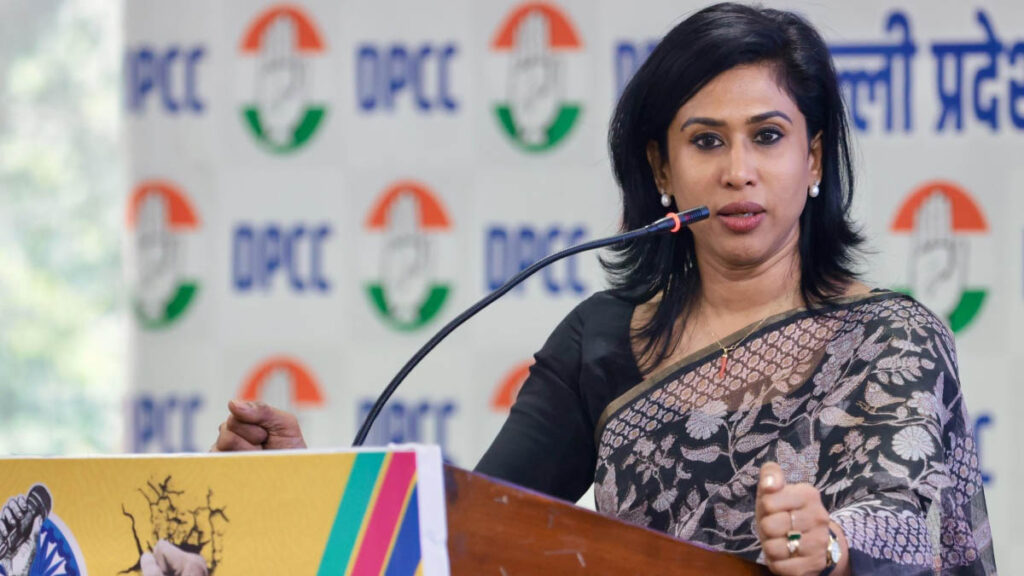Pawan Kalyan Slams ‘Fake Secularism’, Defends Hindu Identity in Bold Statement
In a powerful statement that has stirred both praise and controversy, Jana Sena Party President Pawan Kalyan has launched a scathing critique of what he terms “fake secularism” in India. Addressing a gathering of supporters and press, the actor-turned-politician highlighted the double standards in how religious identities are treated in public discourse — especially targeting selective criticism of Hinduism while other religions are spared similar scrutiny.
“Don’t try to provoke us,” he warned bluntly, addressing those who routinely attack Hindu traditions and beliefs in the name of liberalism or atheism. “Atheists, instead of not believing in any God, don’t believe in only Hindu Gods.” This remark, though provocative, reflects a growing sentiment in many sections of society that Hinduism is disproportionately criticized or mocked, while Islam and Christianity are treated with deference.
Pawan Kalyan Calls Out Hypocrisy: “Hindus Are Labeled Communal, Others Are Protected”
WATCH -pic.twitter.com/9XWUAcWdqM
— Times Algebra (@TimesAlgebraIND) June 23, 2025
Pawan Kalyan’s remarks were not just rhetorical, but grounded in a larger commentary on India’s current socio-political climate. He pointed out the unequal narrative that celebrates religious identity for minorities, but brands Hindu assertion as “communal.”
“A Christian can be a Christian, a Muslim can be a Muslim, but they have a problem if a Hindu is Hindu,” he said, calling out what he sees as biased secularism in political and intellectual spaces.
The actor-politician also took aim at so-called atheists and liberals, accusing them of cowardice for targeting only Hindu practices and deities.
“They don’t have the guts to point at any religion except Hinduism. This is fake secularism.”
This isn’t the first time Pawan Kalyan has spoken out in defense of Hindu causes. However, this statement stands out for its clarity, emotional strength, and timing, especially as India navigates heated debates around religious conversions, temple desecrations, and vote bank politics.
While his opponents may label these remarks as divisive, supporters argue that he’s saying what many feel but fear to express publicly. His stand could help consolidate Hindu votes in Andhra Pradesh and Telangana, where identity politics are expected to play a critical role in upcoming elections. In an age where religious identity is a hot-button issue, Pawan Kalyan’s comments reflect a growing pushback against ideological hypocrisy—a sentiment that could reshape the political landscape in southern India and beyond.





















